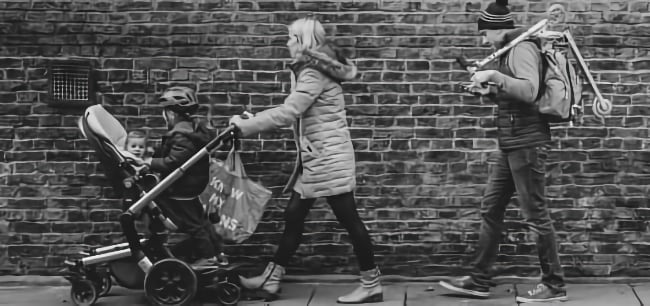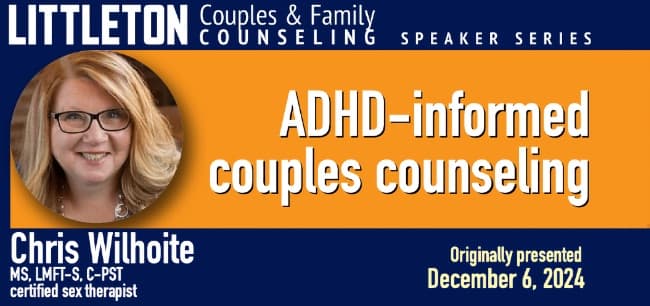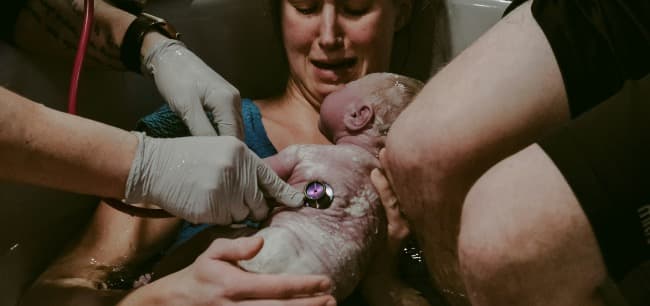Adult ADHD and marriage
It seemed too good to be true. Your partner was devoted, romantic, kind, thoughtful, and adventurous. They were the person that you had dreamed of falling in love with and were so different from your own family. It was so much fun.
Now, married with kids, it seems to have all changed. With kids added to the mix, structure became important where fun was prioritized in the past. It feels as though you have fallen out of love. When you ask your partner, they profess their love and continue to hurt your feelings. Frustration and anger grows and before long you are having regular arguments that seem to go no where leaving you feeling more alone and hurt. “Why can’t they see how they keep hurting me?”
What if it isn’t your relationship? Rather an undiagnosed case of adult ADHD.
Do you notice that your partner is distracted, has difficulty initiating or completing task, is often late or has difficulty anticipating how long a project will take, gets lost in the project, forgets conversations, tasks or partner’s priorities, or acts without thinking about potential consequences. If some of these symptoms sound familiar in your relationship, then one of you might have undiagnosed adult ADHD.
Redeveloping the Spark
The effect of adult ADHD on marriage— in particular, undiagnosed adult ADHD— can have deeply emotional effects on the relationship. If this sounds like you, there is hope. Melissa Orlov describes three key elements to healing your relationship.
- Acknowledge that adult ADHD is impacting the relationship: this means that both partners take responsibility for their behavior patterns in the adult ADHD dance. It involves becoming more aware of the impact that each of the partners behaviors have on the relationship.
- Changing the steps to your dance. This involves changing your individual and couple behaviors.
- Return of the Romance: This involves the return of trust and taking emotional risks after sustainable behavior changes have occurred.
If this sounds like you, there is hope and help. Changing how you look at the symptoms and putting new systems into place may be just the thing that helps restore your relationship.







